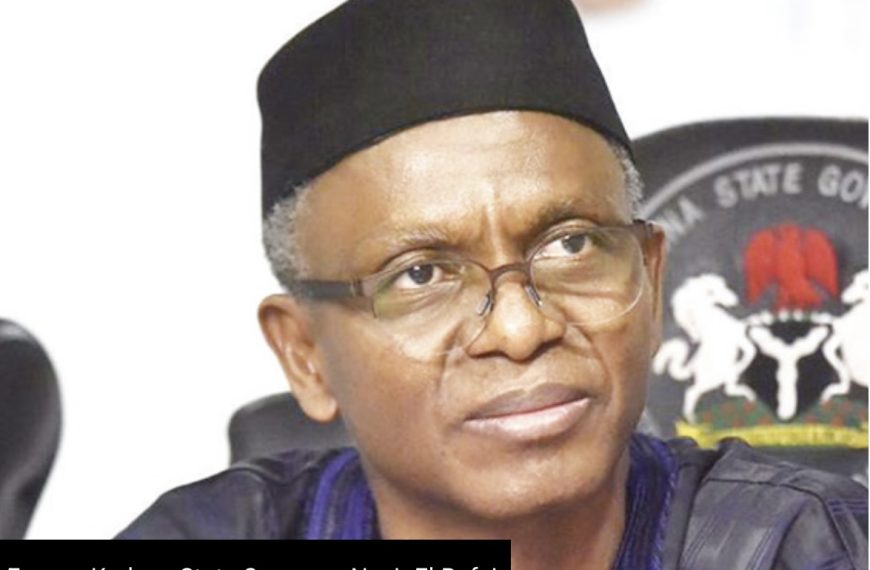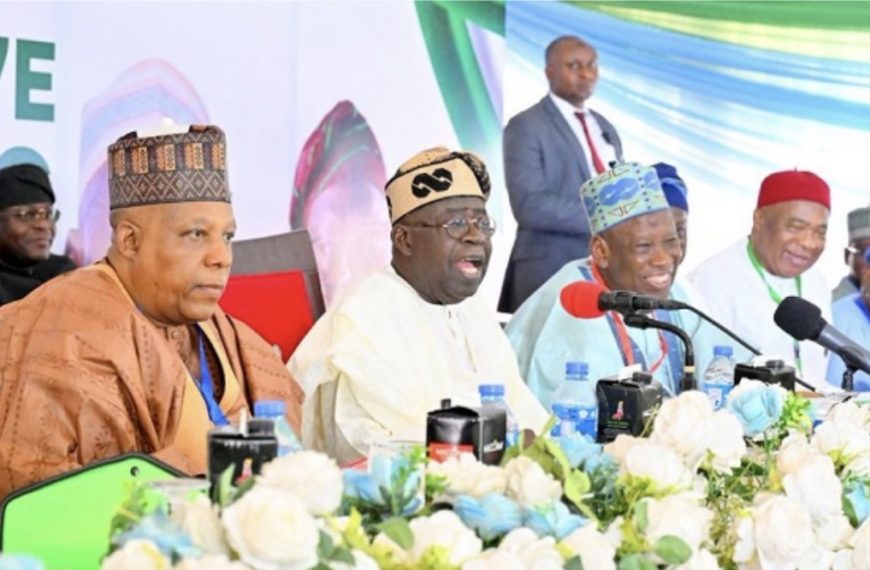The Central Bank of Nigeria (CBN) has successfully facilitated the remittance of approximately $600 million through International Money Transfer Operators (IMTOs).
This disclosure was made by CBN Governor, Olayemi Cardoso, at a “fireside” event during the ongoing Nigeria Economic Summit (NES30), organised by the Nigeria Economic Summit Group (NESG).
Speaking to an audience of policymakers, economists, and industry stakeholders, Cardoso stated the substantial growth in remittance volumes since the CBN’s focused initiatives began.
“When we started, the volumes going through remittances from overseas were about $200 million, and as of the end of September, we are almost at $600 million.”
He attributed the increase to a direct result of the CBN’s concerted efforts to strengthen foreign exchange inflows through IMTOs.
The governor detailed the CBN’s strategic engagement with international operators, which he noted was crucial for overcoming operational hurdles. Cardoso recounted his meetings in Washington during the spring sessions, where he interacted with various IMTOs from around the world.
“We engaged them extensively, understood their problems, and overhauled operations to make it easier for them to get their licenses and operate,” he explained. This initiative, aimed at streamlining processes for IMTOs, has fostered a substantial uptick in remittance volumes, benefiting the Nigerian economy with much-needed foreign exchange.
Widening the discussion, Cardoso noted the need to tackle foundational economic issues in Nigeria. “There is no substitute for the fundamentals of the economy,” he said, stressing that for Nigeria to attain sustainable growth, efficient functioning of key economic engines is now imperative. He maintained that building robust institutions is vital, alongside balancing demand and supply to ensure a stable economic environment.
Diversification also remains a focal point of Cardoso’s economic vision. He urged stakeholders to wholeheartedly commit to this cause, acknowledging the importance of monetary policy in stabilizing the economy.
However, he argued that such policies must not be viewed as replacements for solid economic fundamentals.
“Taming inflation is key because it significantly reduces purchasing power and deters investment,” he noted, reiterating that controlling inflation is essential for engendering robust economic growth and stimulating productive sector activities.
On the topic of the ongoing recapitalization process within the banking sector, Cardoso expressed optimism, stating, “The road towards recapitalization seems to be going in the proper direction.”
He acknowledged that some institutions are still working to raise capital but expressed confidence in their eventual success.
The CBN, he added, is enhancing its banking supervision capabilities to ensure that banks can navigate the prevailing economic challenges while maintaining stability.
Furthermore, Cardoso restated his commitment to bolstering the CBN’s institutional capacity, noting the necessity of building an efficient central bank recognized globally.
“We need to build capacity within the bank, give responsibility, and ensure that the CBN is an institution that can compete with the best central banks worldwide,” he said.
Credit/Nation Newspaper












